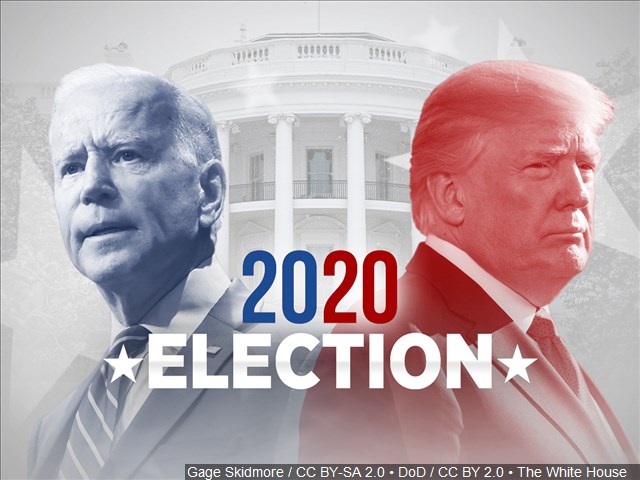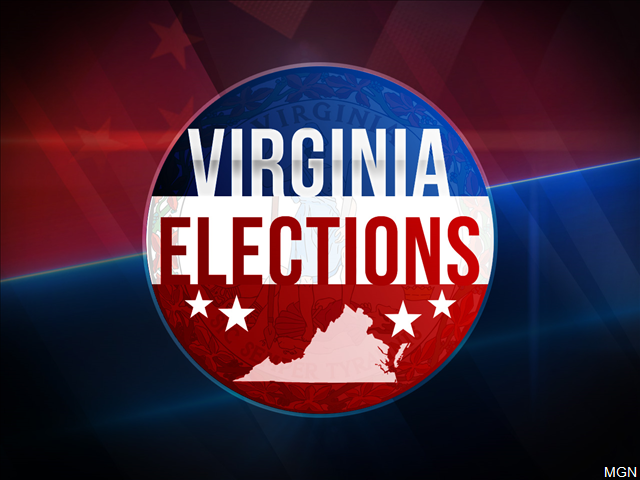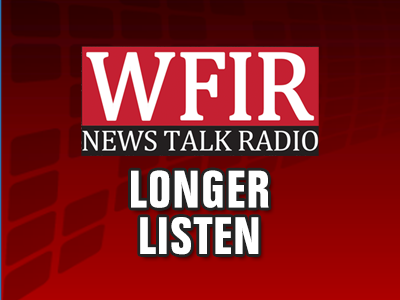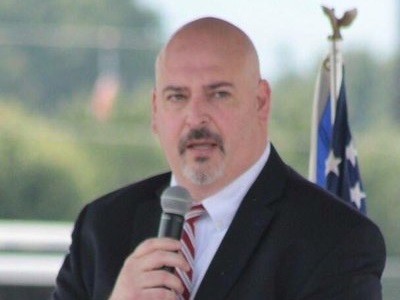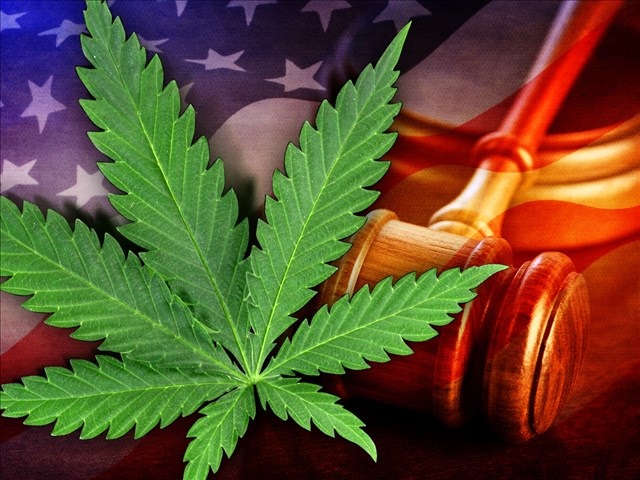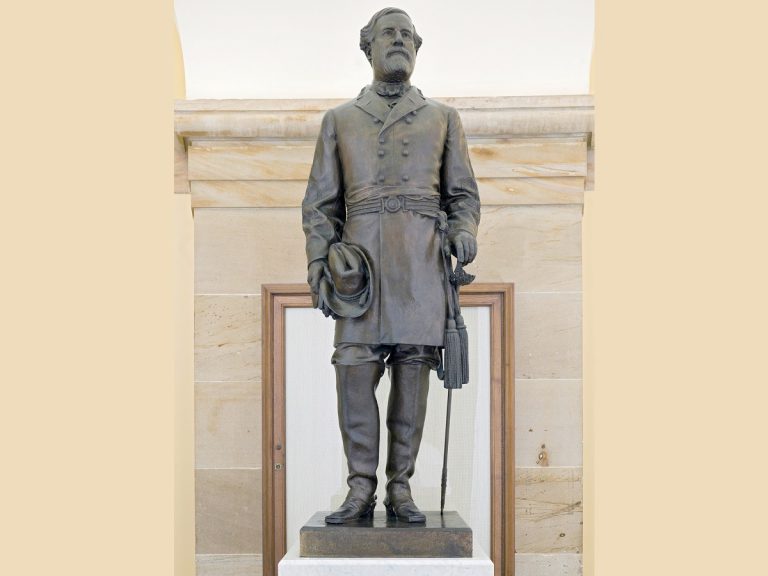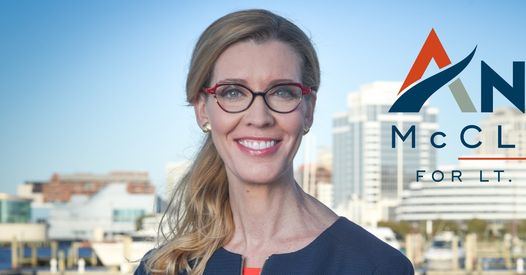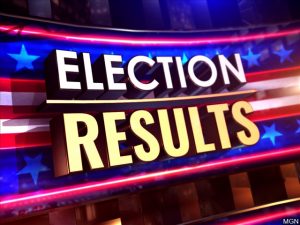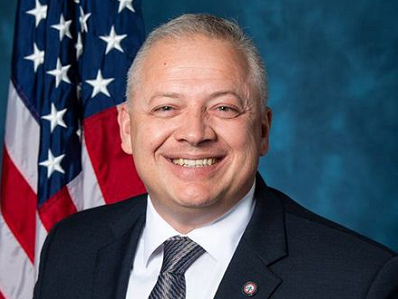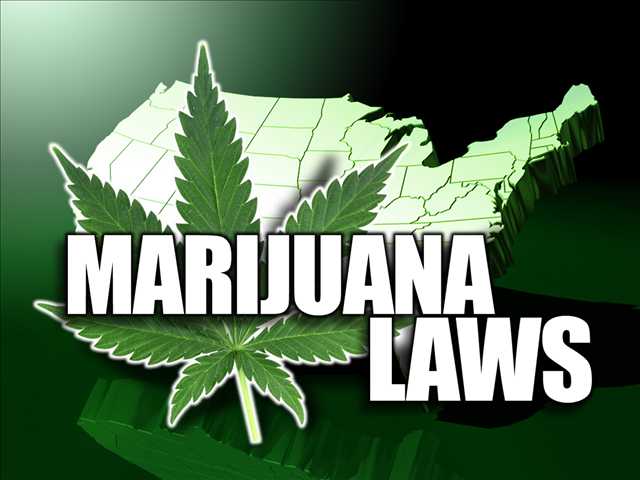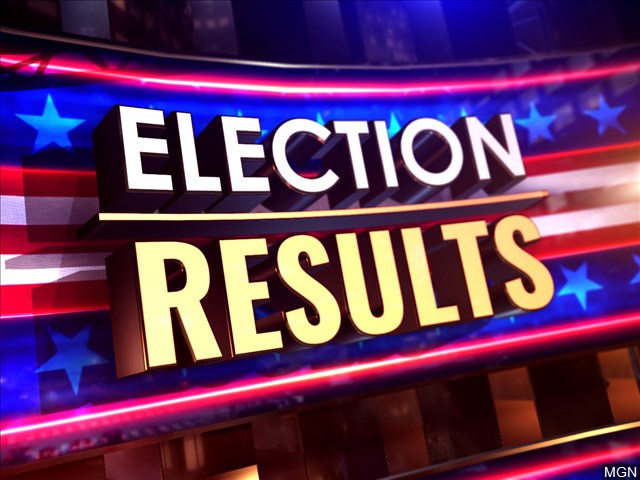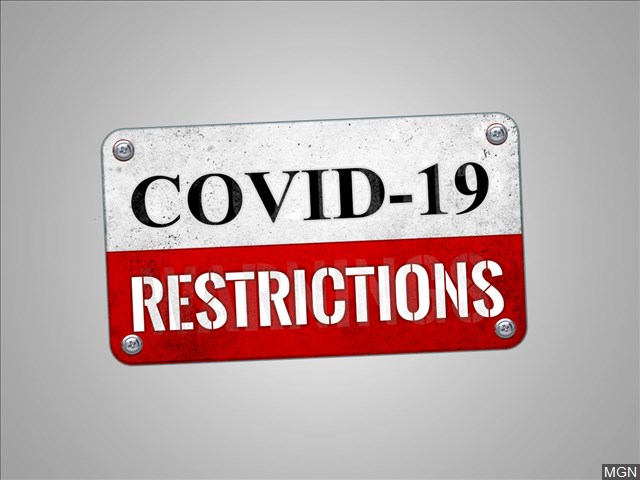NEWS RELEASE: RICHMOND – Beginning January 2, 2021, Virginians may apply for a driver privilege card at...
State and National Government
The Electoral College met at the Virginia State Capitol today to formally cast their 13 votes for...
2021 isn’t even here yet, but it appears likely all the major candidates are now in place...
Ed Lynch is chair of the department of Global Politics and Society at Hollins University; he has...
Opponents of Governor Northam were quick to condemn the latest round of COVID restrictions, which they called...
A virtual mini-series designed to educate people on cannabis policy reform ahead of the upcoming General Assembly...
WASHINGTON (AP) — A state panel in Virginia will soon make a decision about the replacement for...
(campaign press release) Norfolk, Virginia —Norfolk City Councilmember Andria McClellan announced today that she is officially entering...
An attorney for President Donald Trump’s post-election legal bid to remain in office said yesterday that UVA...
At least one local Republican Congressman says he is ready to accept the election results that indicate...
RICHMOND—Governor Ralph Northam today released the Administration’s report on the impact of legalizing adult-use marijuana in the...
It seems like the dust only settled recently on the 2020 General Assembly special session – and...
MILWAUKEE (AP)– Election officials in Wisconsin’s largest county accused observers for President Donald Trump on Saturday of seeking to obstruct...
Governor Northam says the recently-passed revised state budget will restrict evictions and prohibit utilities from cutting off...
General Assembly Republican leaders say Governor Northam acted too hastily when he issued new statewide COVID-19 restrictions...


